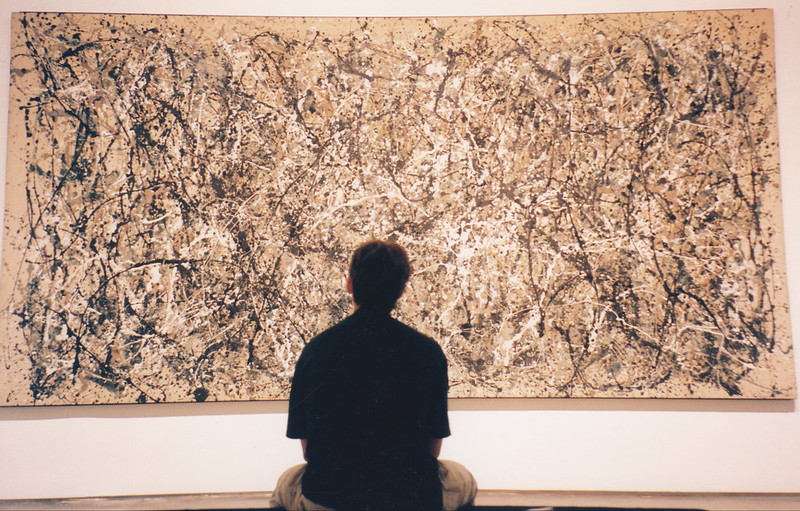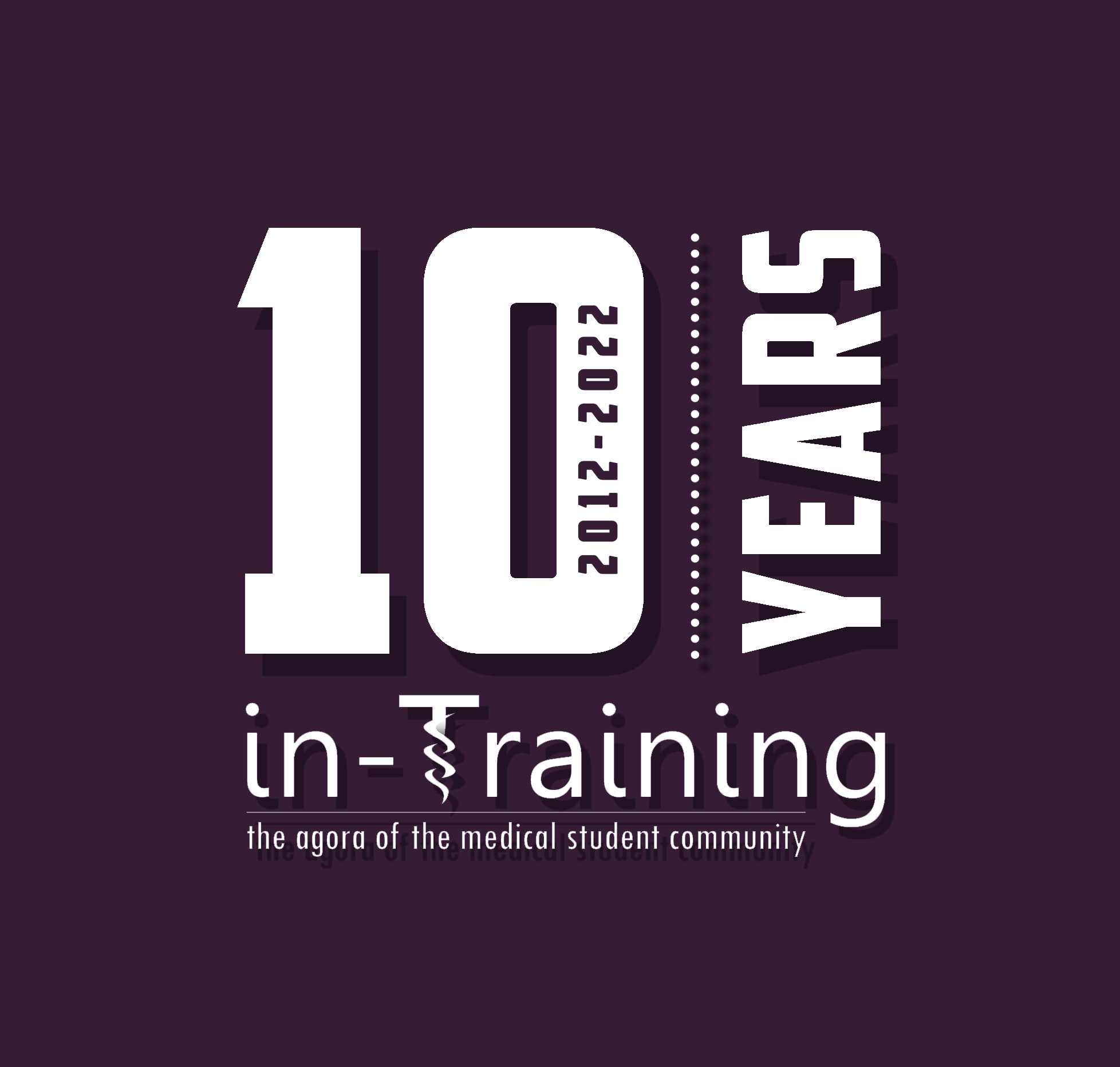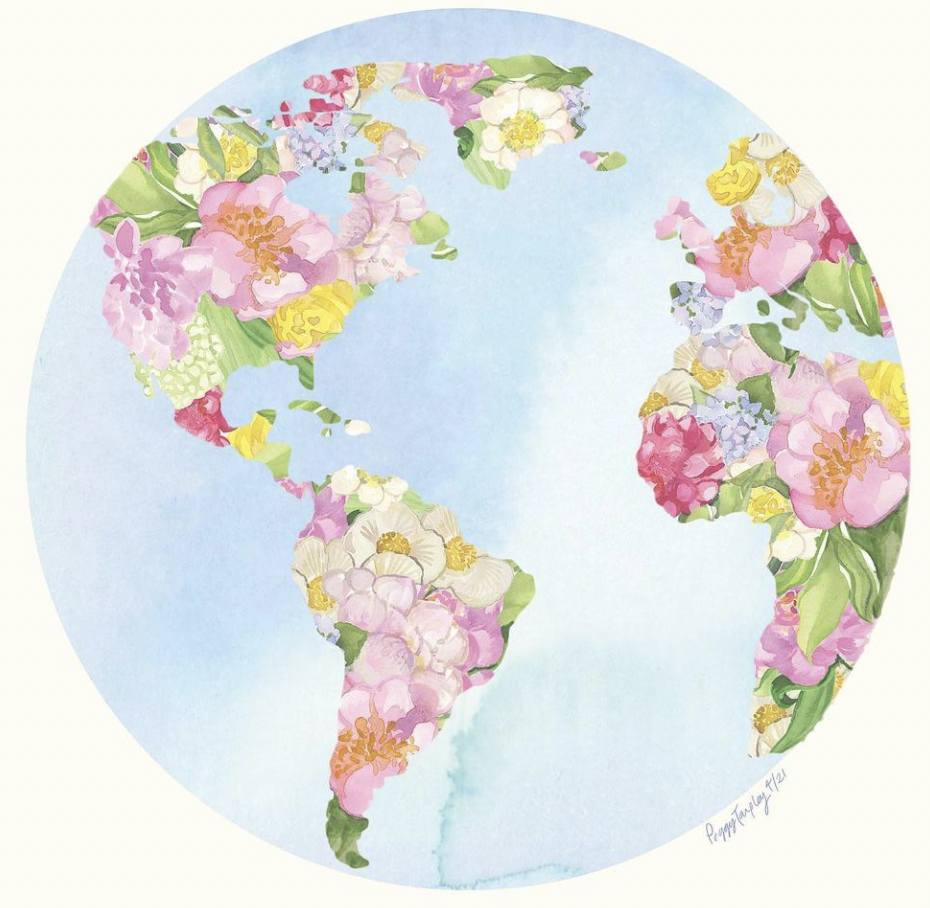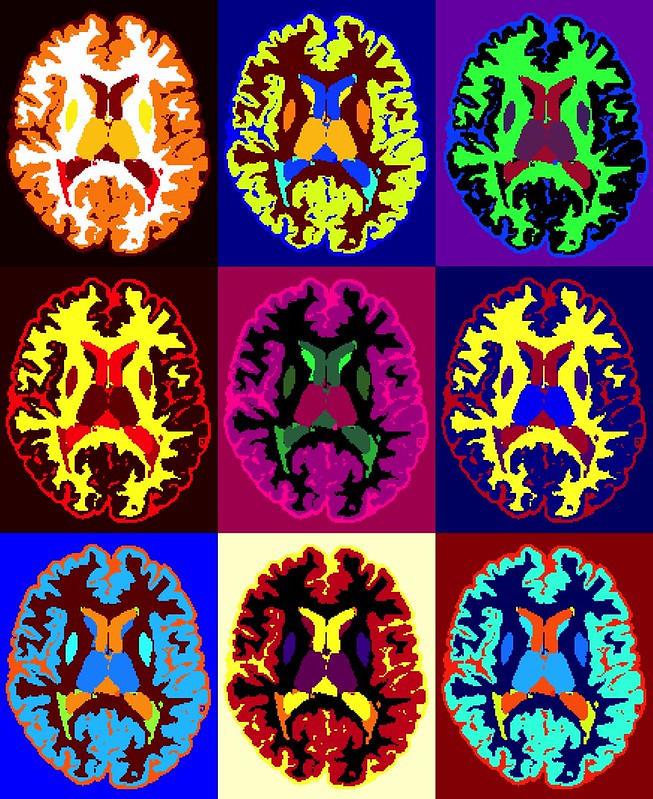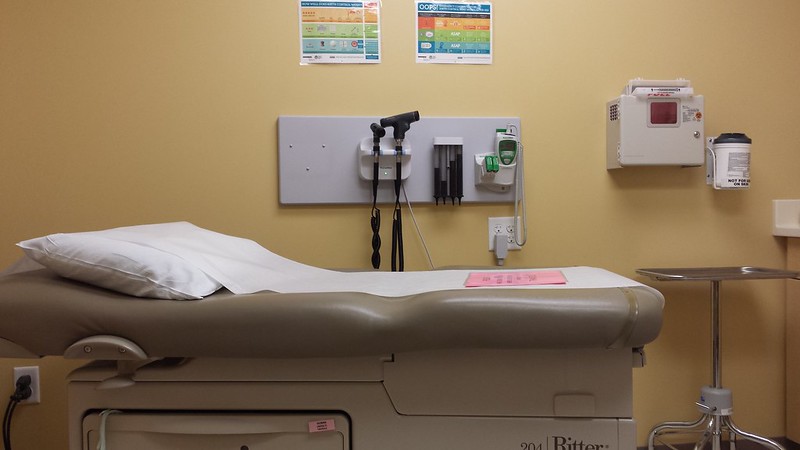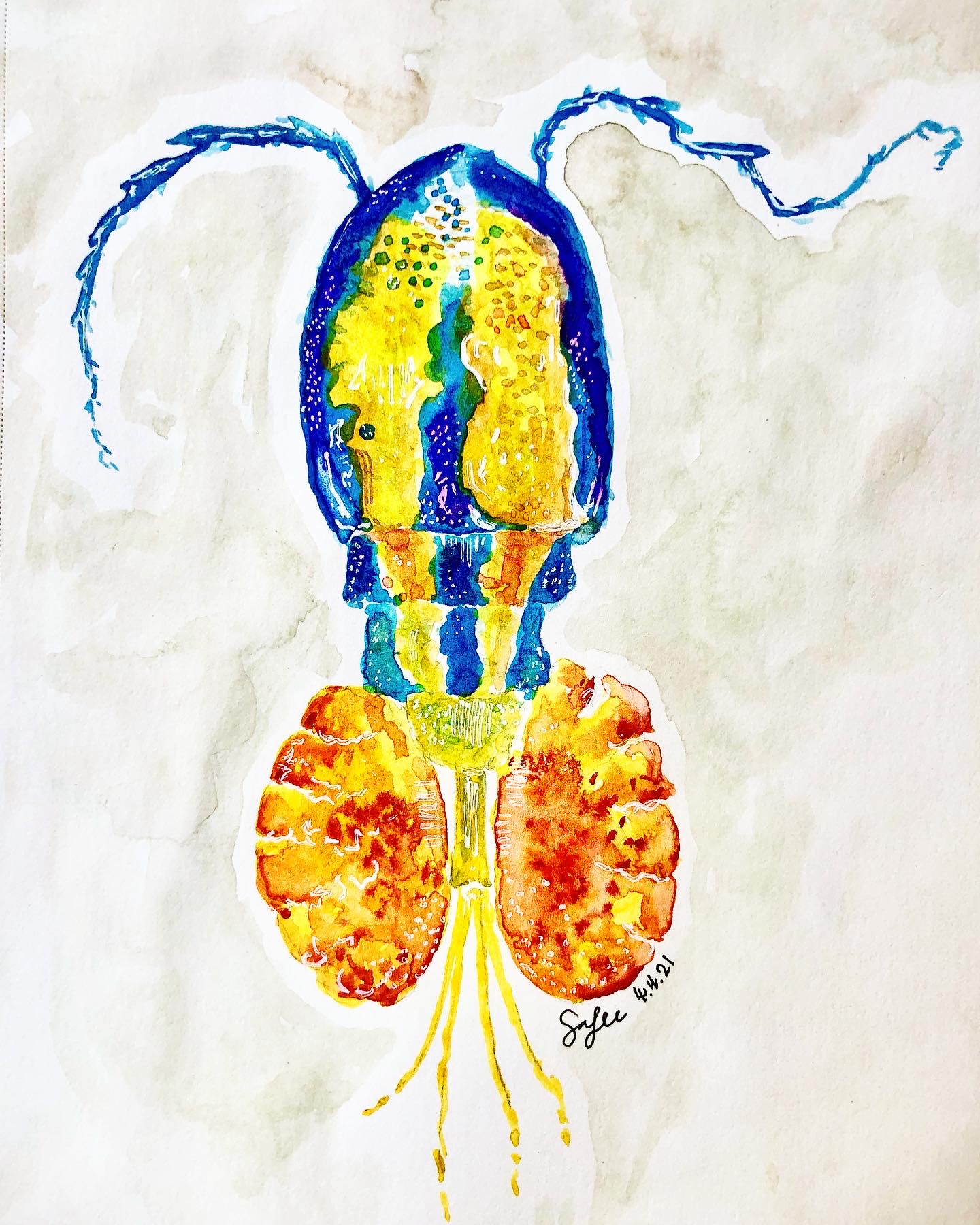Grief Medicine
If someone asks me how my first year of medical school went, half of the time I dismiss them with a one-word answer, saving them from a conversation they aren’t ready to have. The other half of the time, I tell the truth, just to see what they have to say.


